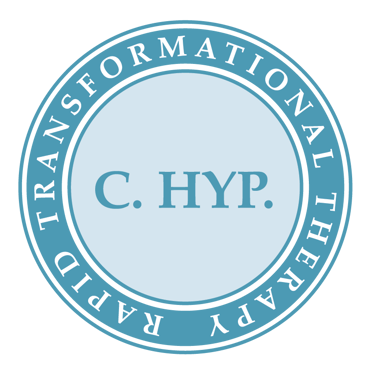
The Courage to Be Vulnerable: Why Hiding Less Makes Life Feel Fuller
When most people think of vulnerability, they picture trembling hands, embarrassment and uncomfortable emotions they’d rather avoid. But according to researcher and storyteller Brené Brown, vulnerability is not weakness. It’s courage in its purest form - it is “the courage to be imperfect”.
Let's explore explores what vulnerability really means, why we fear it so much, and how embracing it could be the key to a more connected, joyful, and authentic life.
What Vulnerability Really Means
Vulnerability is the emotional risk we take when we choose to show up - the times when we share how we feel, when we admit mistakes, or love without knowing if it’ll be returned. It’s the moment we allow ourselves to be seen without the armor of perfection.
Brown’s years of study on shame and connection revealed that vulnerability isn’t optional if we want to feel love and belonging. The people who lived what she called “wholehearted lives” had one common trait: they believed they were worthy of love and belonging even when they weren’t perfect.
They weren’t fearless. They simply didn’t let fear make their choices.
Why We Run From It
Vulnerability feels risky because it threatens our sense of control. When we open up, we risk rejection, failure, or disappointment, and our brains interpret that as danger.
Neuroscientific studies show that social rejection activates the same brain regions as physical pain (Eisenberger & Lieberman, Science, 2003). No wonder we either avoid it or we numb.
We drown out fear and shame with work, shopping, scrolling, or substances. As Brown reminds us, “you can’t selectively numb emotions.” When we numb the pain, we also numb joy, gratitude, and happiness. The result? A comfortable, controlled life that feels strangely hollow.
The Science of Connection
Human beings are biologically wired for connection. Oxytocin, often called the “bonding hormone” is released when we experience trust, affection, or empathy. A 2013 Harvard study found that expressing vulnerability (like admitting fear or asking for help) actually increases others’ trust and cooperation, not the opposite.
So the very thing we fear (showing weakness) is often the key that deepens our relationships. Vulnerability builds bridges where perfection builds walls.
The Trap of Perfection
Brown points out that we live in a culture obsessed with certainty and control. We perfect our bodies, our jobs, even our children as if perfection could keep us safe. Perfectionism isn’t the same as striving for excellence, it is the belief that if we look flawless, we’ll finally be worthy.
In reality, perfectionism blocks growth. Psychologists at the University of British Columbia found that perfectionism is strongly linked with anxiety, depression, and burnout (Curran & Hill, Psychological Bulletin, 2019). The more we try to control how others see us, the less authentic and fulfilled we feel. No wonder so many famous artists and celebrities suffer from mental health issues.
The Courage to Be Seen
Brown defines courage through its Latin root “cor” - meaning heart. To have courage is to “tell the story of who you are with your whole heart." That means being willing to say, “I love you” first. To admit you don’t have it all together. To risk failure for something you believe in.
When life feels uncertain, which it often does, you'd continue to practice gratitude not as denial, but as proof that you’re still alive.
Being vulnerable doesn’t mean exposing yourself to pain; it means staying open to life.
Living Wholeheartedly
Brown’s research and her own journey led to one powerful conclusion: vulnerability is the birthplace of joy, creativity, belonging, and love.
When we stop chasing certainty and start embracing the truth even when it is messy, emotional and imperfect, we find a deeper kind of freedom.
We become kinder to ourselves, gentler with others and stronger than we ever imagined, not because we’re invincible, but because we finally know we don’t have to be.
Final Thoughts
To live fully is to live vulnerably. It means letting yourself be seen, not as the perfect version of who you think you should be, but as the honest, evolving human you already are.
The next time you feel the urge to hide your emotions or polish your edges, pause. That shaky, exposed feeling you want to escape? That’s not weakness, that is courage knocking at your heart.
Open the door.
References
Eisenberger, N. I., & Lieberman, M. D. (2004). Why rejection hurts: A common neural alarm system for physical and social pain. Science, 302(5643).
Leroy, H., et al. (2013). Vulnerability and Authentic Leadership: Strength Through Weakness? Journal of Management.
Curran, T., & Hill, A. P. (2019). Perfectionism is increasing over time: A meta-analysis of birth cohort differences. Psychological Bulletin, 145(4), 410–429.

CONTACT US
Therapy and coaching are not intended to diagnose, treat, or replace medical or psychiatric care. Clients are advised to consult and follow their licensed healthcare provider’s instructions.
© 2026. All rights reserved.








$100 off Room & Board at PWDR